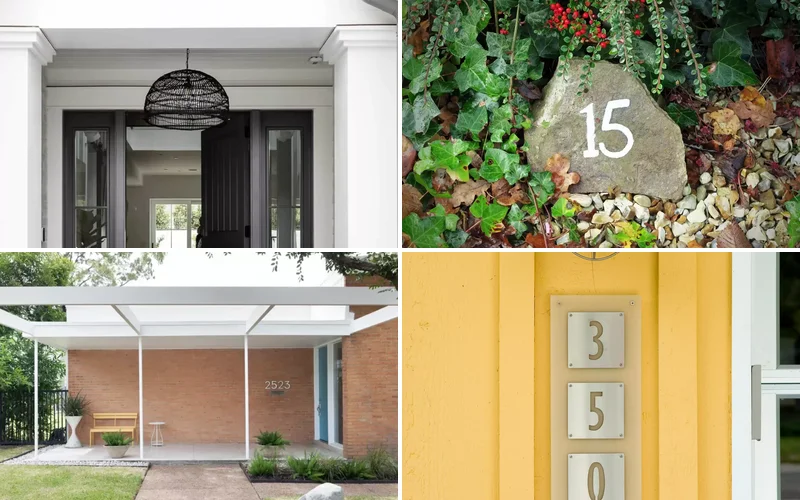Welcome To Rental Awareness.com
Know More. Live Better
Our Latest Guides

32 Staircase Design Ideas That Transformed Homes This Year
Your staircase is so much more than just a way to get upstairs – it’s a design opportunity waiting to be discovered. Whether you’re working…

35 Stunning Front Porch Ideas That’ll Transform Your Outdoor Welcome
Your front porch is the first thing guests see when they visit your home, so why not make it absolutely spectacular? Whether you’re working with…

25 Bathroom Mirror Ideas That Make Any Space Feel Massive
You’re about to discover how the right mirror can completely transform your bathroom from cramped to spacious. Whether you’re working with a tiny powder room…

28 Brilliant Ways to Transform Your Workspace Into an Organized Haven
Your desk doesn’t have to be a chaotic mess that makes you cringe every morning. With the right organizing strategies, you can create a workspace…

30 Bathroom Wall Decor Ideas That Refresh Your Space This Year
Your bathroom walls are waiting for a major style upgrade that goes beyond basic paint and boring fixtures. Whether you’re working with a tiny powder…

32 Modern Farmhouse Dining Room Ideas That Bring Rustic Warmth to Your Home
You’re about to discover how modern farmhouse style can transform your dining room into the perfect blend of rustic charm and contemporary elegance. These inspiring…

9 Creative Ways to Transform Your Garage Into Beautiful Living Spaces
Your garage holds incredible potential beyond just storing cars and clutter. With some creativity and planning, you can transform this overlooked space into a stunning…

40 Creative House Number Ideas That Will Transform Your Home’s Curb Appeal
Your house numbers are the first thing visitors notice when they arrive at your home. They’re not just functional markers – they’re an opportunity to…

32 Study Room Ideas That Will Transform Your Workspace Into a Productivity Paradise
Your study room should be more than just a place to work—it should inspire you to tackle every project with enthusiasm. Whether you’re creating a…